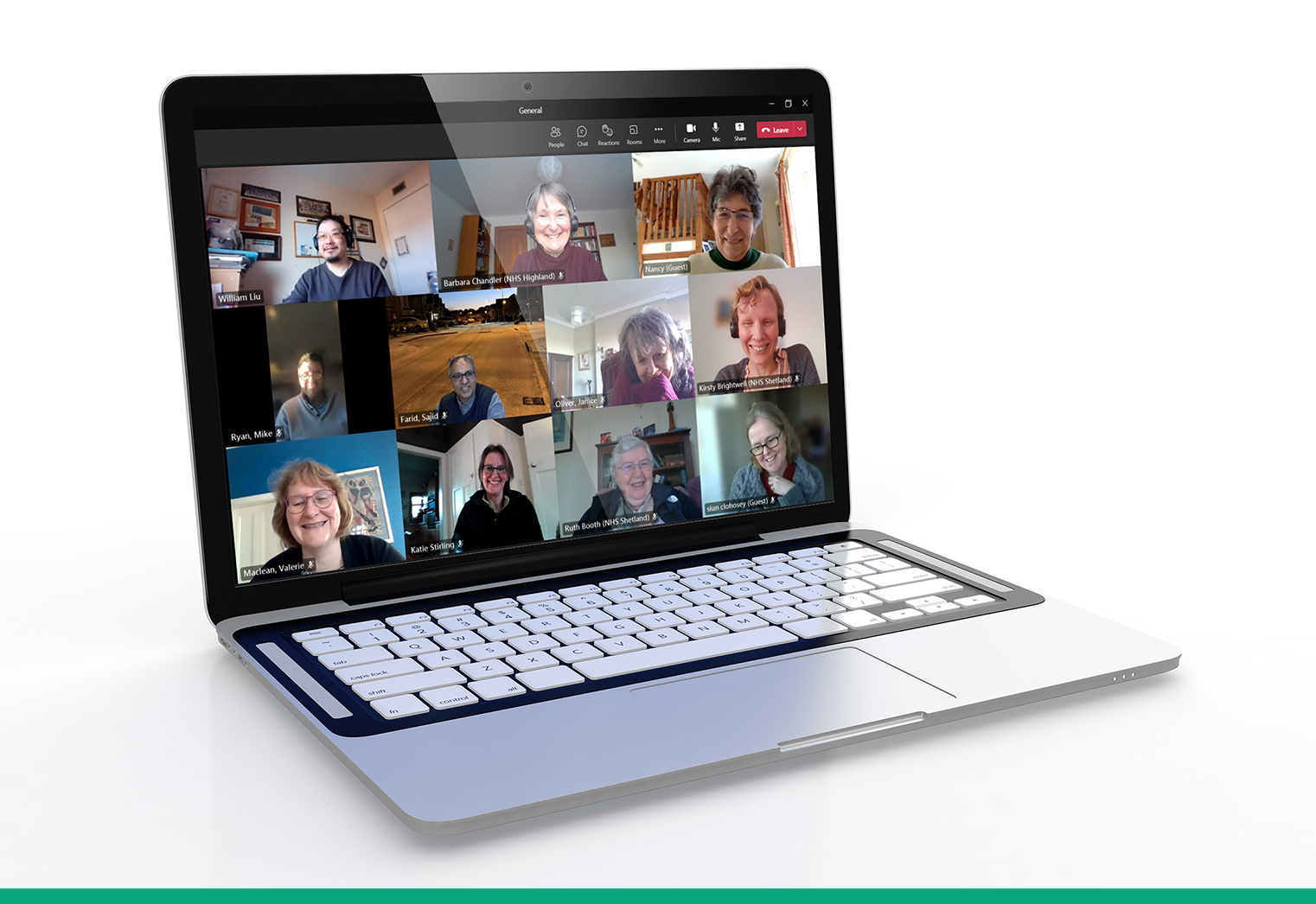Plans for 2023-2024
Thank you
2022/2023 was a tremendously busy year for the team. It was the first time since the pandemic began that we had run a full schedule of Refresher appraiser training. Our capacity was stretched to the fullest and my personal thanks to everyone on the team and all the tutors and facilitators for their efforts into making last year such a success.
My thanks also to all our course participants for providing us with your post-training feedback. We were able to analyse your comments and have made adjustments to improve our training delivery.
Sincerest gratitude also to everyone who participated and contributed to the Scottish Government funded review of SOAR which took place last summer. More than 700 of you took part in the national survey as well as the follow-up focus-group workshops. Thank you for all your input and contributions.
Year ahead
2023/2024 promises to be a busy year with similar level of training courses scheduled. We targeted invitations to appraisers who last attended a NES medical appraiser training pre-2019 and within the space of a few weeks, we have managed to fully book 8 of the 16 scheduled Refresher courses.
Following appraiser feedback from various events and training courses, we have also organised additional workshops as part of the Refresher programme of activities looking at Improving Appraisal Conversations using Coaching and Mentoring skills, specifically the GROW model and the Egan Skilled Helper model respectively. More information about these courses is available on our website.
Rather excitingly, for the first time since 2015/16, we will be running our own Medical Appraisers Conference again in September this year. Much like the coaching and mentoring workshops, this too stemmed from user feedback. It allows those with dual roles to fully engage with the NES Conference medical education sessions as well as those from the Appraisers conference. Details available on the Medical Appraisal Scotland website.
A report was presented to RDBS following last summer’s review of SOAR and 6 key recommendations were made:
- Improve the SOAR user experience and implement user–centred design methods
- Implement modern web front end technologies and development practices
- Improve the design of content so that users find the information they need quickly and easily
- Improve the CPD Log to enable more formative collection of CPD
- Implement modern access and authentication mechanisms (log-in)
- Implement a document viewing facility internal to SOAR
A set of wireframes (IT equivalent of building blueprints) was developed to illustrate the new user experience. This will be presented to RDBS in July and pending available resources, we will then liaise with developers to work on the proposed improvements.
We also have the publication of the GMC’s updated Good Medical Practice to look forward to, which will also impact and inform the work to further develop SOAR.
Increased capacity
Whilst technology has enabled us to achieve a lot in terms of training delivery and cost savings – which has been a challenge in the current climate – none of the above is achievable without sustained administrative planning and support. We increased our team capacity last year as we welcomed Pamela Curran (Senior Officer) and Mandie Thrippleton (Administrative Officer) to the team on 1-year contracts (which have since been extended) and both have settled in well and made significant contributions to the team’s success. Our capacity this year has increased further with the return of Stacey Lucas (Administrative Officer) from her secondment.
This increased capacity has allowed us to explore in greater detail the feedback from the training courses and how we can improve on our service as well as our resources. Plans are already in place to review and improve the New Appraiser pre-course modules; and we are also looking at organising further sessions to help appraisers gain a better understanding of the Recognition of Trainer's processes and expectations.
Refresher webinars: Coaching and Egan sessions
Following on from the successful piloting of the taster sessions on the Coaching GROW model and Mentoring Egan Skilled Helper model respectively, we intend to organise more of these webinars in the year ahead. The increased team capacity will certainly allow us to organise these as part of the Refresher Appraiser programme of activities.
The goal is not to re-train appraisers to coaches or mentors, but rather to introduce them to a different framework of discussion to use in appraisals.

Participants from Egan workshop on 15 December 2022
Moving on from the pandemic
Wellbeing approach to appraisal conversations has been a big theme since the pandemic began and it has brought people’s focus back to the original purpose of appraisal – supporting doctors and their development. Yes, it informs the revalidation decision making process, but the purpose of giving doctors a confidential protected space and time to discuss and reflect on their experiences and development has not, and will not, change.
As we move on from the pandemic, let’s not lose sight of the supportive nature of appraisal. Many attendees of the New Appraiser courses have fed back to us that their inspiration for wanting to become an appraiser is down to the supportive and reflective discussions they had at their own appraisals. We have equally heard back from appraisers at the Refresher training how they valued the opportunity to discuss their experience with fellow peers out with their health board and specialty. I am pleased and privileged – as a team – to have played a small part in this and invite you to keep the appraisal conversations going.
William Liu
Training Manager (Medical Appraisal)